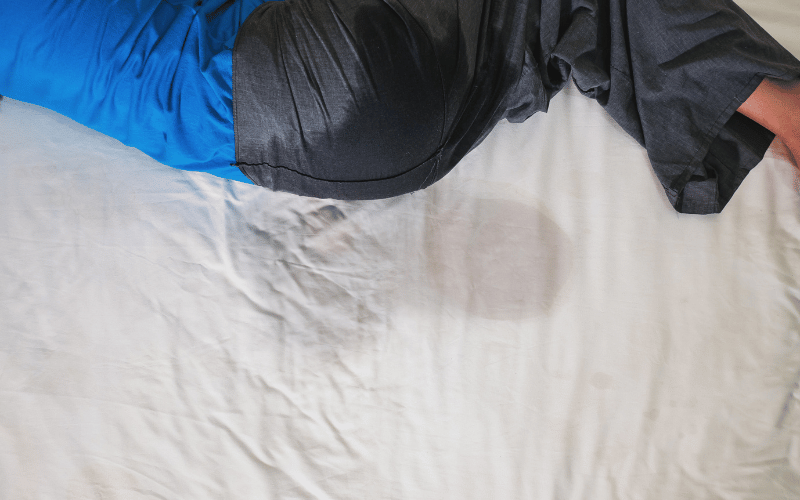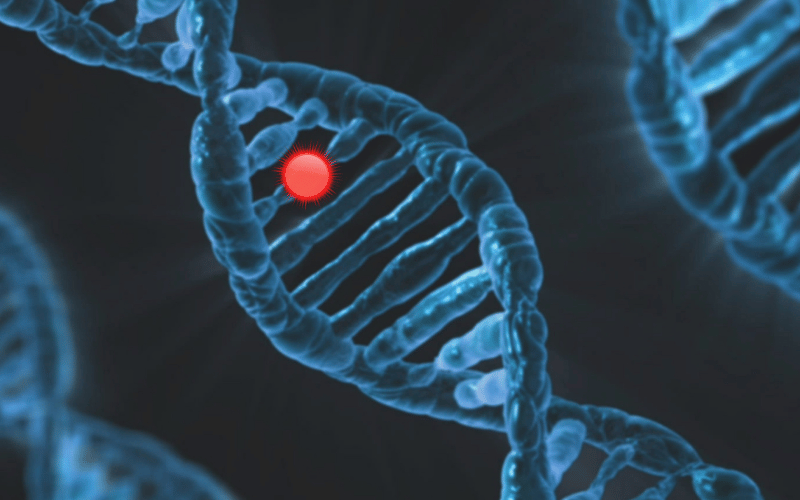Introduction

Bedwetting, known more formally as nocturnal enuresis or nighttime urinary incontinence, might seem straightforward at a glance. For many, it conjures up memories of childhood or tales of a young niece or nephew struggling with the challenge. But, scratch beneath the surface, and it becomes clear that there’s a complex web of reasons behind this issue.
Frequently brushed off as a ‘phase’ that children will outgrow, the reality is that nocturnal enuresis affects a vast demographic, from toddlers to adults. The hushed whispers about bedwetting often drown the cries for genuine understanding and solutions. Yet, the key to conquering any challenge is understanding its origins. That’s precisely why delving into the causes of this often-embarrassing problem is so crucial.
Now, imagine navigating this maze without a clear guide or even a faintly glowing torch. Frustrating, isn’t it? Thankfully, that’s about to change. By shedding light on the top 10 causes of nocturnal enuresis, we aim to offer clarity and, more importantly, a way forward for those grappling with this concern.
Whether you’re a concerned parent, an adult who’s baffled by unexpected bedwetting episodes, or just someone keen on broadening their knowledge horizons, this is for you. Here, we don’t just provide facts; we piece together the puzzle that is nocturnal enuresis.
Cause 1: Genetics and Heredity

Many instances of bedwetting have a tie back to family roots. Digging deep into one’s lineage, it’s not unusual to uncover a pattern of nocturnal enuresis that seems to travel through generations. Scientific evidence indicates a clear link: if parents experienced bedwetting during their childhood, it’s more likely their children could face the same challenge.
Bedwetting doesn’t have a simple genetic marker. Instead, it’s a dance of multiple genes that influence various aspects, like bladder size, the depth of sleep, and nocturnal urine production. Each gene contributes its part, and the culmination can lead to a predisposition to nocturnal enuresis. But, crucially, genes aren’t destiny. They might set the stage, but environmental and individual factors can change the play.
Understanding the genetic aspect can serve as a balm for frustrated parents. Instead of wondering where they went wrong, they can recognize that some things are, quite literally, in the DNA. However, this doesn’t mean accepting bedwetting as a permanent fixture. Knowledge is power, and knowing the genetic predisposition can lead to targeted and effective interventions.
One uplifting note is that even if there’s a genetic predisposition, it doesn’t mean bedwetting is set in stone. Children evolve, and many outgrow this phase. With the right support and intervention techniques, even those with a strong genetic link can experience dry nights. (1)